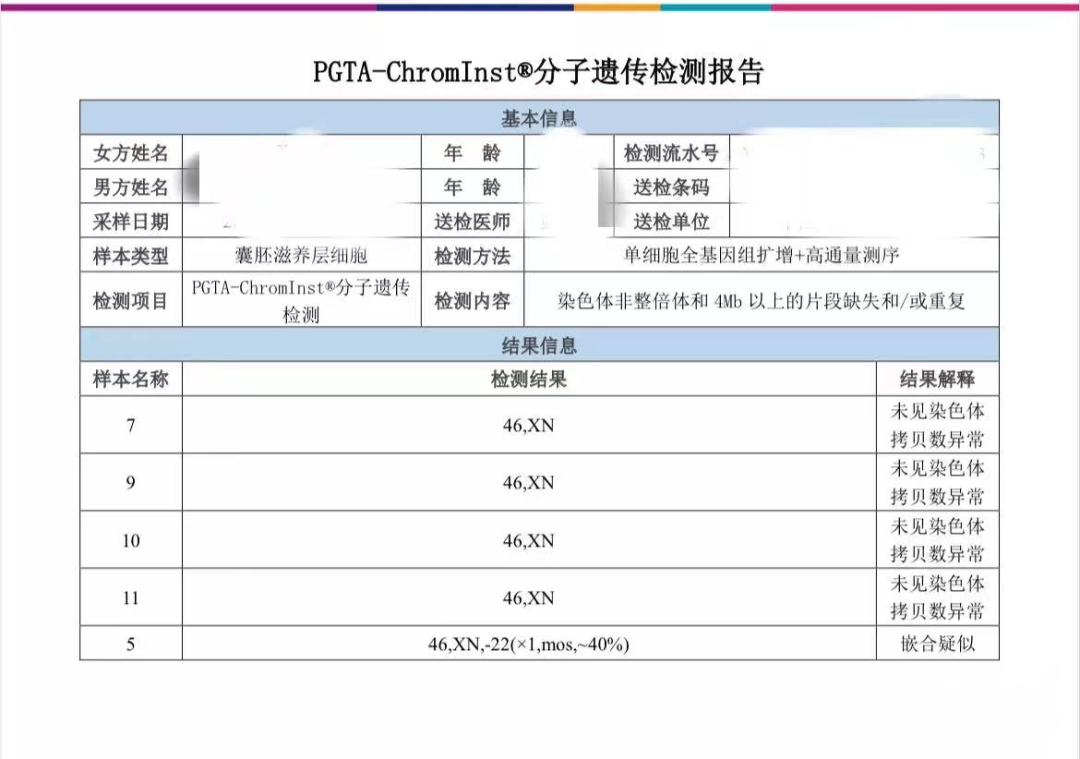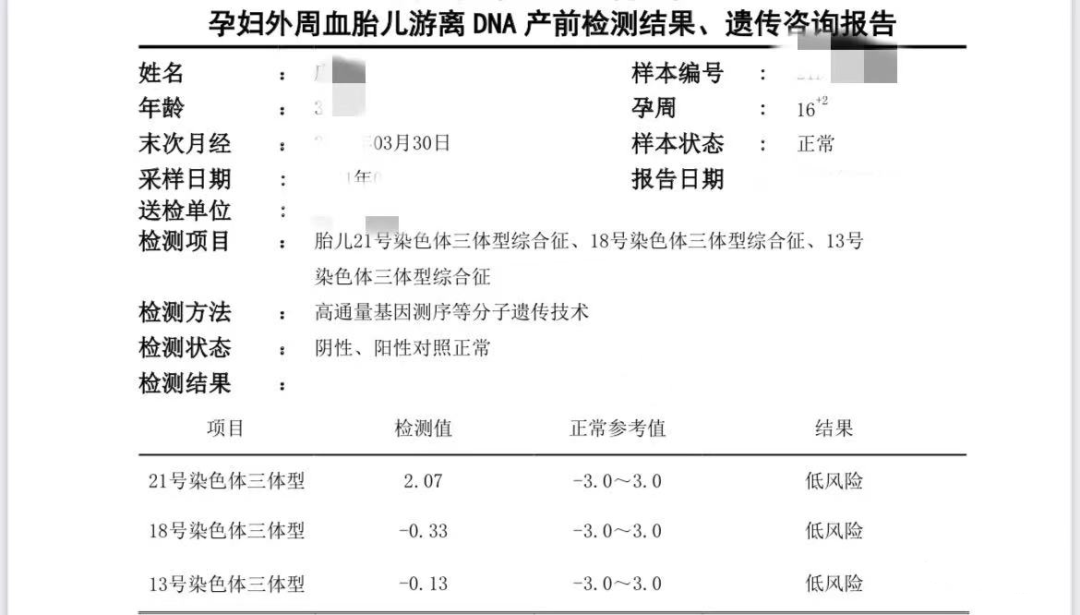Four IVF Transplant Failures, and What I Changed for the Fifth Time!
At 37, I’m in the midst of my pregnancy journey. Many might wonder, what’s so challenging about having a baby at an older age? Well, first and foremost, getting pregnant becomes much more difficult compared to when you’re younger. Time is not on the side of the ovaries, and for the eggs, it’s like they’ve left home young and returned aged, with their vitality somewhat diminished.
Let me share my story. I got married at 26 and spent the next 8 years focusing on my career. Once things were more stable, I decided it was time to start a family. But as I was already in my late 30s, despite a year of trying, I couldn’t conceive. So, I went to the fertility center at the hospital and underwent a series of tests: 7 – hormone panel, vaginal B – ultrasound, and semen analysis. The results showed that my AMH value was 0.8 ng/ml.

On the doctor’s advice, I first took ovulation – stimulating injections and tried to conceive naturally. But a month later, my period came, and my natural pregnancy attempt failed. Given my age and the failed natural pregnancy, the doctor recommended first – generation IVF. After further examinations and some body – conditioning, I entered the IVF cycle.
First Failure
During the first egg retrieval, only 10 eggs were retrieved, and 4 of them successfully developed into blastocysts. After evaluating the blastocysts’ morphology, one embryo was graded 4BB. Unfortunately, the first embryo transfer ended in failure.
Second Cycle: Still Unsuccessful
My husband and I didn’t give up and entered the second cycle. In this cycle, 7 eggs were retrieved, and 5 transferable embryos were obtained. Over the next year or so, we had 3 embryo transfers, but one ended in failure, one in a chemical pregnancy, and one in a missed abortion. Each failure was a huge blow, and I was devastated. However, I knew that I was on the verge of becoming a high – risk pregnant woman over 35, and I had to hurry up to complete my family – building plan. So, my husband and I discussed and decided to try third – generation IVF, hoping that our little angel would arrive soon.
In 2021, through a friend’s recommendation, I came to TCC and decided to give it one more shot. The director of TCC carefully examined my husband’s and my physical conditions and our fertility – seeking experiences. After a series of comprehensive tests, a treatment plan was determined, and I started the IVF treatment. Through the processes of ovulation induction, medication, monitoring, and egg retrieval, I finally retrieved 11 eggs, 8 of which were fertilized, and 2 D3 embryos were frozen. The rest were further cultured into blastocysts until D5, forming 6 blastocysts (grades like 4AA, 4BB, 4CB, etc.), giving a total of 6 transferable embryos.

Then, Dr. Fu began to adjust my endometrium. Once it reached the standard, a hormone – replacement cycle FET treatment was carried out, and a 4BB blastocyst was transferred. But it was still not a successful pregnancy. For the remaining blastocysts, Dr. Fu suggested third – generation screening, Preimplantation Genetic Testing (PGT), to select normal and healthy embryos and avoid miscarriages and birth defects caused by abnormal embryos.
Finally, 4 transferable embryos were screened out. Considering my previous experiences of missed abortions, uterine curettage, and multiple failed transfers, as well as my thin endometrium, the doctor recommended that I first undergo endometrial treatment.
At the end of 2021, after my endometrium was successfully adjusted, the director of TCC suggested that we do an Endometrial Receptivity Testing (ERT), saying that it could accurately find my implantation window and increase the implantation rate.
Then, I prepared to enter the transfer cycle. After transferring a chromosomally normal embryo, 14 days after the operation, the blood HCG value was very good, and the B – ultrasound showed an intrauterine pregnancy with a single live fetus! After 5 failed transfers, my husband and I finally received the good news!
When I was 16 weeks pregnant, I did a non – invasive DNA test, and everything was normal. The fetus is developing well in my womb, and all the prenatal check – up indicators are normal! Currently, I’m eagerly looking forward to the birth of my baby.
相关推荐
- International Reproductive Experts Interpret Successful Strategies and Assisted Reproductive Options in Georgia
- Five Golden Steps to Double Pregnancy Success After IVF Embryo Transfer
- Busting the Three Biggest IVF Lies: International Reproduction Experts Reveal Truths 90% of Families Don’t Know
- Scientific Breakthroughs in 35+ Advanced Fertility Preparation
- Early signs of pregnancy after IVF transfer
Search within the site
Surrogacy News
Hot Tags.
Georgia Surrogacy Services,Legal IVF Hospital,Global Fertility Agency